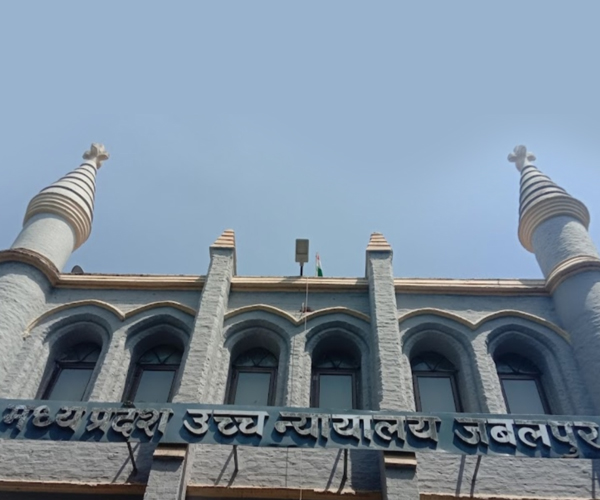
The Madhya Pradesh High Court in one of the recent cases observed that a Defendant can lead evidence before the Plaintiff in a civil suit when they claim the existence of a Will, contrary to what is pleaded in the Plaint.
In the present case, defendants are relying on the registered Will of deceased-Laxman to claim title over the suit property whereas plaintiffs are claiming that defendants are respectively illegitimate child and concubine of Laxman, therefore, they have no right to the property. As per Hindu law of succession, issues asserted by the plaintiffs will come into play and inter se rights will be decided only when it is established that the deceased- Laxman died intestate. If he had left a Will, then their rights and liabilities are subject to the proof of that Will.
Facts of the case were that the Appellants/Plaintiffs had instituted a suit against the Respondents/Defendants before the lower court seeking relief of declaration of title with regard to the suit property. They had also pleaded in their plaint that the suit property belonged to their Late father who died intestate and that the defendants had no right, title and interest in respect of the suit property.
However, the Defendant had claimed that the Late father of the Plaintiffs had left a Will. Considering the said submission, the trial court passed an order, thereby directing the Defendants to lead evidence before the Plaintiff to prove the existence of the Will. Aggrieved, the Appellants preferred an appeal, arguing that they should have been given the opportunity to lead evidence before the Defendants and the appeal of the Plaintiffs was dismissed by the High Court.
